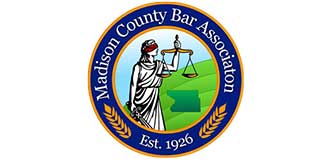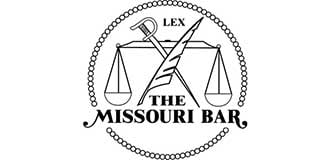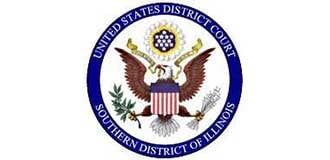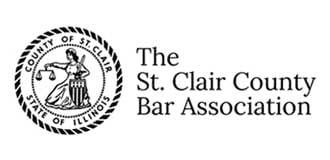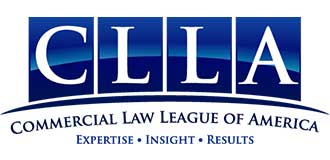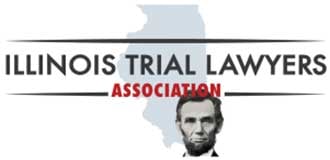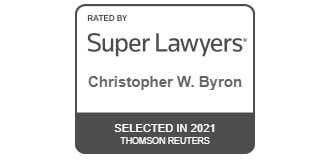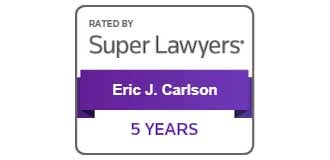The police use traffic stops as a way to gather evidence and judge whether an arrest is necessary. For example, many drivers are pulled over by the police when it’s suspected that the driver is drunk. Drivers could also be pulled over because they violated a traffic law, such as running a red light, having expired plates or driving without headlights at night.
Many people wonder how the police gather evidence against drivers. Here’s what you should know:
Questions the police may ask
The police often begin traffic stops by asking drivers questions. It often starts by asking the driver to provide their license and registration. The police may then ask other questions, such as if the driver knows why they are being pulled over or if they were drinking. Some drivers have learned that they can plead the Fifth to avoid making any self-incriminating comments that might tie them to a crime.
4 kinds of field sobriety tests
If a driver is suspected of being drunk, the police may ask them to do a field sobriety test. A standardized field sobriety test may include a walk-and-turn test, a one-legged stand test or a horizontal gaze nystagmus test. Alternatively, drivers may be asked to do a non-standardized field sobriety test, which can involve anything, such as spelling words backward.
3 kinds of chemical sobriety tests
If questions and field sobriety tests are inconclusive, the police may have a driver take a chemical sobriety test. These tests evaluate a driver’s blood alcohol content, which is the amount of alcohol found in the body after consumption. The driver may be asked to do a blood, urine or breath test.
Knowing about traffic stops can be beneficial for drivers. If a driver believes their legal rights were violated during a traffic stop, then they may need to understand their defense options.


